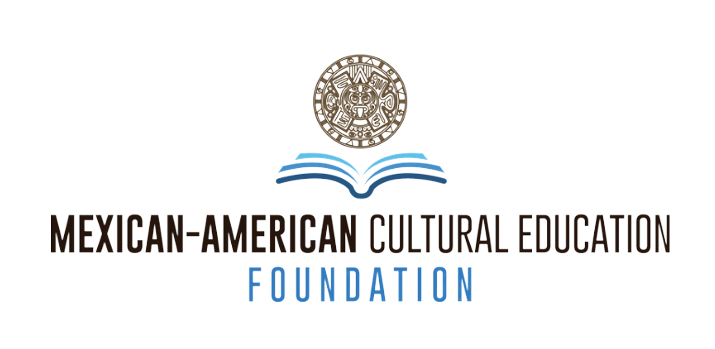Mexican-Americans in Hollywood: Why Representation Matters
It’s no secret that Hollywood has a problem with representation.
While this has been a major talking point for the last few years, progress has been extremely slow for the Mexican-American community.
Although Mexican-Americans make up more than 11% of the U.S. population, they are significantly underrepresented or completely ignored by Hollywood. According to The Hollywood Diversity Report 2023, while Latino-Americans make up 19% of the U.S. population (60% of which are Mexican-Americans), they make up only about 1% of film directors and 1% of writers.
While the conversation exists in a way in which it didn’t just a few years ago. Progress has been slow for the Latino-American community. In fact, a recent study showed that the percentage of latino actors, showrunners and directors decreased from 2021 to 2022.
It’s clear there’s a problem.
But why should we even care?
Understanding the History of Mexican-American Representation in the Media
In Hollywood, Mexican-Americans have been historically relegated to one-dimensional, often negative, portrayals. These stereotypes ranged from maids and laborers to gang members and drug lords, creating a distorted image that failed to capture the diverse experiences and contributions of the community.
As Congressman Joaquin Castro of Texas has stated, “Latinos are effectively excluded or sidelined from much of American media. That's not only culturally inconvenient for this community, but also, I think, dangerous. Because in the lack of visibility, in the lack of Latino stories that are told in American media, there are stereotypes that fester and grow from that invisibility, from that black hole and narrative.”
And addressing the historical underrepresentation of Mexican-Americans in the media and society is not just about fairness; it's about challenging the deeply ingrained stereotypes and biases that have existed for far too long.
Because as much as some might view Hollywood as frivolous, it is actually an image maker and image breaker.
Representation = Reputation
Hollywood movies have, at times, perpetuated damaging stereotypes and contributed to the degradation of communities. For instance, countless films have portrayed Mexican-Americans as drug lords, criminals, illegal immigrants, and other harmful stereotypes. While it is not always necessary to portray Mexican-Americans as heroes, constantly portraying them as villains just perpetuates beliefs that some people hold about the community as a whole.
On the other hand, Hollywood has also been a platform for positive change, showcasing communities in a more accurate and empowering light. "To Kill a Mockingbird" (1962) is a notable example that helped shed light on racial prejudice and challenged stereotypes about African Americans. The film portrayed the struggles faced by African Americans in the segregated South, sparking discussions about racial inequality and inspiring a shift in societal attitudes.
In recent years, movies like "Black Panther" (2018) have shattered stereotypes and bolstered the reputation of the African diaspora. By presenting a technologically advanced African nation and a superhero of African descent, the film not only defied stereotypes but also celebrated African culture and heritage, fostering a sense of pride and empowerment within the African and African diasporic communities.
Similarly, "Crazy Rich Asians" (2018) elevated the reputation of the Asian community by providing a fresh and nuanced portrayal of Asian characters. The film showcased diverse personalities, dispelled stereotypes, and highlighted the achievements and struggles of Asian-Americans, paving the way for more authentic representation in the film industry.
These examples illustrate the substantial impact that Hollywood has in either perpetuating harmful stereotypes or challenging them.
Pride & Unity
Representation in the media instills a sense of pride and self-worth, as members of the community see their stories, experiences, and culture celebrated on a global stage. It provides inspiration for aspiring actors, filmmakers, and writers, reinforcing the idea that their voices matter and their stories are worth telling.
In an increasingly divisive world, representation actually heals division because it gives people a chance to empathize with people who have completely different experiences than them.
These films not only resonated within their respective communities but also educated and inspired viewers of all backgrounds, fostering a greater appreciation for other cultures that you may not experience first hand.
The Impact on Future Generations
Most Mexican-Americans remember the feeling of realizing that the media didn’t care to tell stories about people like us. Or we remember when we realized that the media mostly told stories filled with stereotypes and falsities about our community.
These damaging narratives chip away the confidence of any child growing up around them, but positive representation can instill a sense of pride and unity in that same child.
People discount the power of representation.
But don’t be fooled. It matters.
If you believe this to be true, join our newsletter where we share regular updates on what we are doing to help change the film industry for our community.

